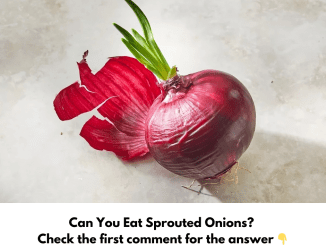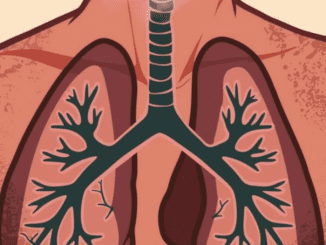Pumpkin seeds aren’t just a tasty snack you enjoy after carving Halloween jack-o’-lanterns—they’re also a powerhouse of nutrition. These crunchy little seeds, also known as pepitas, are packed with essential nutrients and health benefits that make them a worthy addition to your diet. Let’s explore 11 science-backed health benefits of pumpkin seeds that will inspire you to include them in your daily routine.
1. Packed with Essential Nutrients
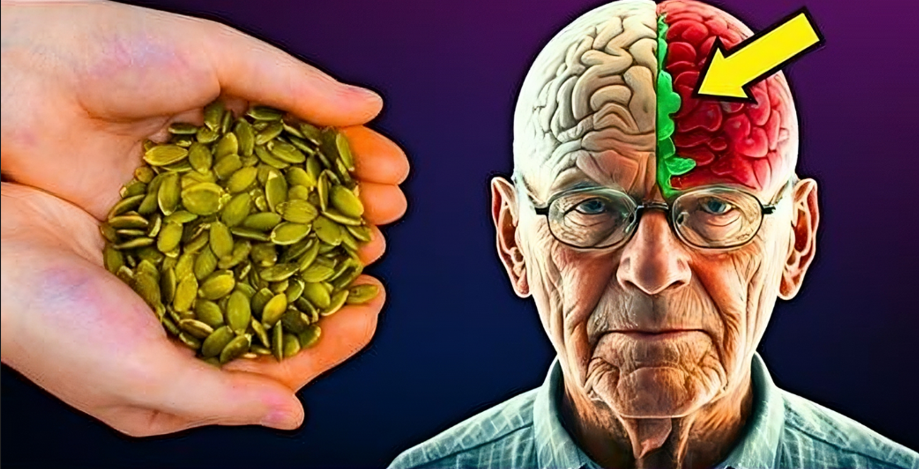
Pumpkin seeds are nutrient-dense and provide a wide array of vitamins and minerals:
- Protein: A great source of plant-based protein, making them perfect for vegetarians and vegans.
- Healthy Fats: Rich in unsaturated fats, including heart-healthy omega-3 fatty acids.
- Minerals: High in magnesium, iron, zinc, and copper, which are essential for various bodily functions.
- Vitamins: Contain vitamin E and several B-vitamins like folate, supporting energy production and cellular repair.
These nutrients work together to boost overall health, improve immune function, and keep your body energized.
2. High in Antioxidants
Pumpkin seeds are rich in antioxidants such as vitamin E and carotenoids. These antioxidants help neutralize free radicals in the body, reducing oxidative stress and inflammation. By fighting chronic inflammation, pumpkin seeds may lower the risk of heart disease, certain cancers, and other chronic conditions.
3. Promote Heart Health
Your heart will thank you for including pumpkin seeds in your diet. They are rich in magnesium, which helps regulate blood pressure and maintain a healthy heartbeat. Studies suggest that the combination of healthy fats, antioxidants, and zinc found in pumpkin seeds can reduce cholesterol levels and improve blood vessel health, reducing the risk of cardiovascular diseases.
4. Support Prostate Health
Pumpkin seeds have long been associated with men’s health, particularly prostate health. Research suggests that compounds in pumpkin seeds can help alleviate symptoms of benign prostatic hyperplasia (BPH), a non-cancerous enlargement of the prostate. The seeds’ high zinc content also supports hormonal balance and prostate function.
5. Improve Sleep Quality
Struggling with sleep? Pumpkin seeds might be your natural solution. They are a good source of tryptophan, an amino acid that promotes the production of serotonin, which your body converts into melatonin—the sleep hormone. A handful of pumpkin seeds before bedtime could help you relax and enjoy a deeper, more restful sleep.
6. Help with Blood Sugar Control
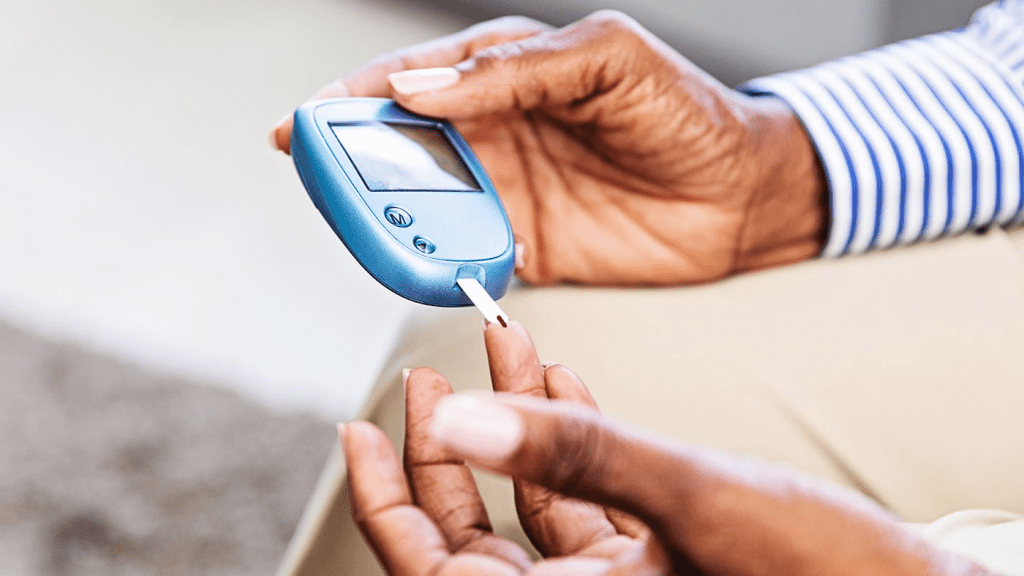
Pumpkin seeds may play a role in regulating blood sugar levels, making them a beneficial snack for people with diabetes or those looking to stabilize their energy levels. Their high magnesium content supports proper blood sugar metabolism, while the fiber slows the absorption of sugar, preventing spikes and crashes.
7. Strengthen Immune Function
Zinc is a critical mineral for immune health, and pumpkin seeds are loaded with it. Zinc helps your body fight off infections, heal wounds, and maintain overall immune function. Regularly consuming pumpkin seeds can strengthen your defenses, especially during cold and flu season.
8. Enhance Skin Health

The nutrients in pumpkin seeds work wonders for your skin. Zinc helps produce collagen, keeping your skin firm and youthful, while antioxidants like vitamin E protect against damage from UV rays and free radicals. The healthy fats in pumpkin seeds also moisturize your skin from within, leaving it soft and glowing.
9. Boost Digestive Health
Pumpkin seeds are a rich source of dietary fiber, especially if you eat them with the shell. Fiber promotes regular bowel movements and supports gut health by nourishing beneficial bacteria in your digestive tract. Including pumpkin seeds in your diet can help prevent constipation and improve overall digestive function.
10. Support Weight Loss and Metabolism
If you’re looking to shed a few pounds, pumpkin seeds can be a helpful ally. Their high protein and fiber content help you feel fuller for longer, reducing the likelihood of overeating. Additionally, the healthy fats in pumpkin seeds support metabolic health, helping your body burn calories more efficiently.
11. Promote Healthy Bones
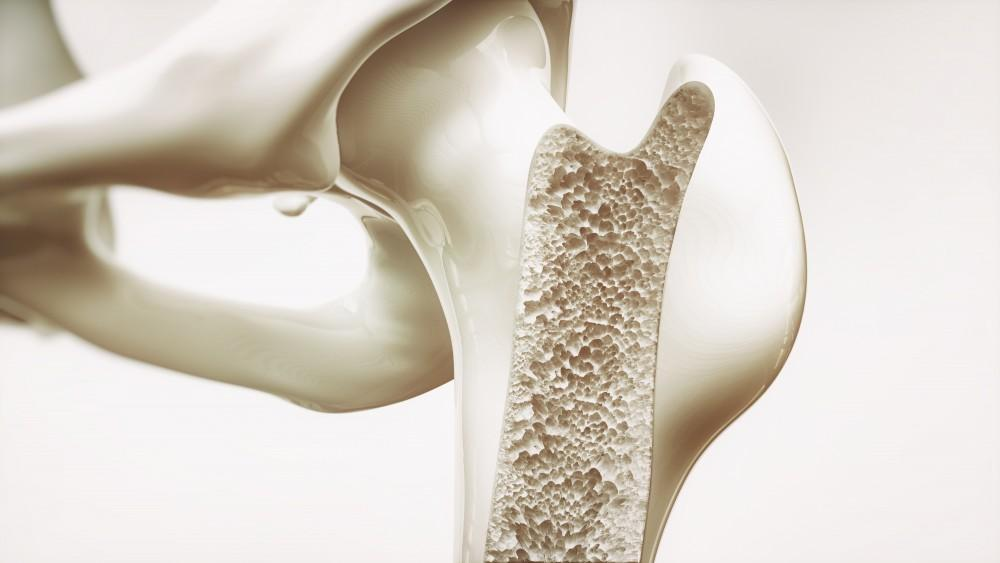
Magnesium plays a crucial role in maintaining bone density, and pumpkin seeds are one of the best dietary sources of this vital mineral. By supporting bone strength and preventing mineral loss, pumpkin seeds can reduce the risk of osteoporosis and other bone-related conditions.
How to Add Pumpkin Seeds to Your Diet
Incorporating pumpkin seeds into your meals is easy and versatile. Here are some ideas:
- Snack Time: Enjoy them raw or roasted as a healthy snack.
- Toppings: Sprinkle them over salads, yogurt, or oatmeal for added crunch.
- Baking: Add them to muffins, breads, or cookies for a nutty flavor.
- Smoothies: Blend them into your smoothies for an extra nutrient boost.
- Cooking: Use them as a garnish for soups or stir them into rice dishes.
Whether you enjoy them on their own or as part of a meal, pumpkin seeds are a delicious way to enhance your health.
Conclusion
Pumpkin seeds are more than just a seasonal treat—they’re a nutritional powerhouse with benefits ranging from improved heart health and better sleep to enhanced digestion and glowing skin. Packed with essential nutrients, antioxidants, and healthy fats, these seeds are a must-have in any diet. Whether you eat them raw, roasted, or incorporated into recipes, pumpkin seeds are an easy and tasty way to boost your overall well-being.
So the next time you carve a pumpkin or visit your local store, don’t overlook the humble pumpkin seed. Your body will thank you!
